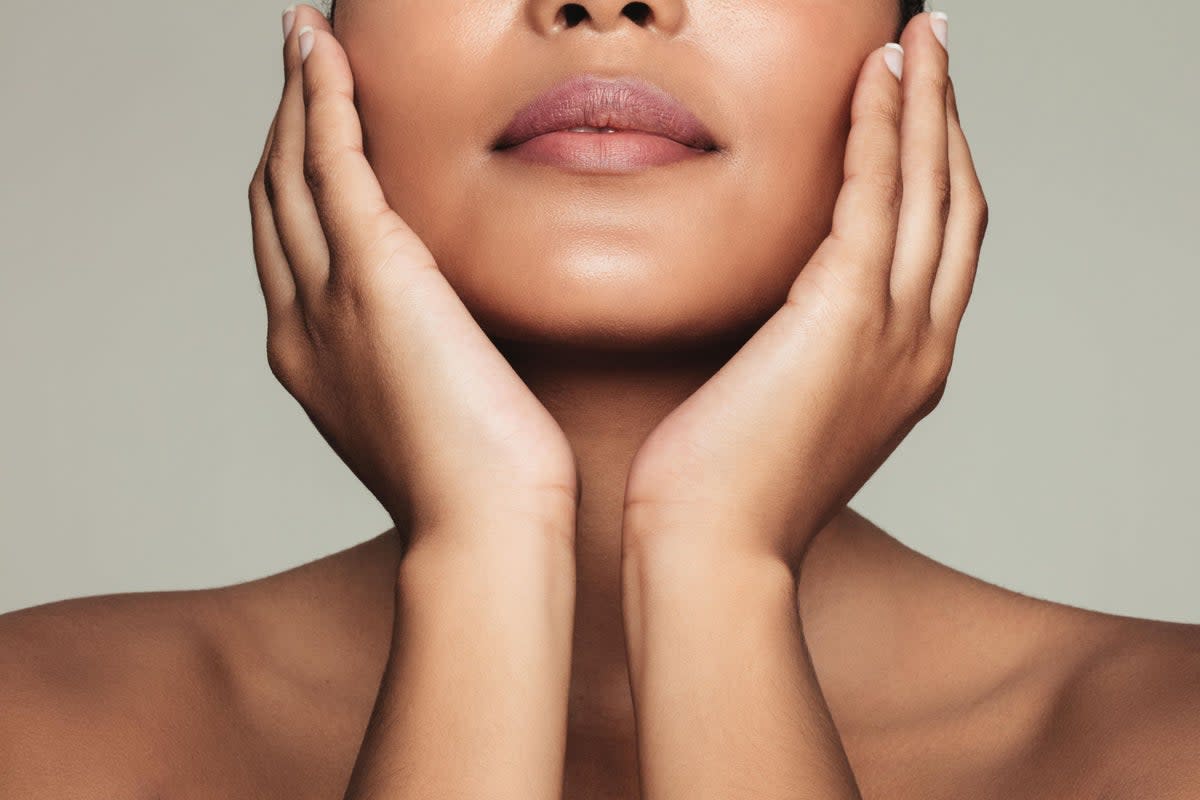What causes a damaged skin barrier? Expert weighs in on best treatments

As the brunt of winter dwindles, managing your skin can be difficult. After the months-long blow of cold air, it’s likely your natural oils have turned to dry spots, making moisturising more of a necessity. But even as the frigid climate heats up, your skin may continue through the rough patch, and if you can’t blame the weather, how can you help it?
Many causes can result in a damaged skin barrier, the weather being one of them. To find out the best ways to prevent and treat a broken skin barrier,The Independent spoke to Dr Joshua Zeichner, an associate professor of dermatology and director of cosmetic and clinical research in dermatology at Mount Sinai Hospital.
“The term skin barrier refers to the skin’s ability to protect itself from the outside world, keeping aggressors out and keeping hydration in,” Dr Zeichner said. The dermatology expert compared the outer layer of the skin to “tiles on your shower floor”.
“The skin cells themselves are like tiles, and natural fats in the skin are like the grout that forms a waterproof seal between them,” he explained. “When the outer skin layer develops microscopic cracks, the skin becomes dry, irritated, and inflamed.”
Aside from “dry and cold weather,” genetic weakness, over-washing, over-scrubbing, and environmental exposures that prompt allergies or irritation can add damage to the skin barrier. The signs of a damaged skin barrier include redness, dry patches, flaky spots, and itchiness.
There are several methods that help aid a damaged barrier. In general, it’s best to use gentle cleansers that lock in natural oils rather than stripping them from the skin. Dr Zeichner suggested applying creams that will help support the function of the skin barrier and “replace lipids in the skin”.
“Look for products that contain ingredients like ceramides and hyaluronic acid,” Dr Zeichner added. “Avoid long, hot showers. Keep showers less than 10 minutes and use lukewarm water. Water temperature should be around what you would imagine a heated pool to feel like in the summer. Pat dry rather than rubbing.”
Dr Zeichner also warned against exfoliating. Instead of trying to rid your skin of dry flakes by scrubbing it, you should moisturise to encourage hydration.
He remarked: “If you see flakes, your knee-jerk reaction may be to exfoliate. Scrubbing already dry skin can make matters worse. Instead give your skin what it needs, which is hydration. Moisturise, and if you still have flakes you can exfoliate after if needed.”
“It is a myth that drinking water is needed to hydrate your skin,” Dr Zeichner continued. “Not drinking enough water is not the cause of dry skin. Moreover, drinking more water will not hydrate your skin.” The most effective hydration method is using a lotion or cream to prevent dryness.
The dermatology professional suggested three particularly beneficial products: RoC Barrier Renew PM Moisturiser, Eucerin Eczema Relief Cream and Body Wash, and Shaklee Youth Moisture Lock Day Cream.
RoC’s cream contains ceramides and lipopeptides, two powerful repair ingredients, according to Dr Zeichner. “Think of them like spackle that fill in cracks between cells in the outer skin layer and provide a breathable barrier over the skin,” he explained.
For a gentle face and body wash, Dr Zeichner believes the Eucerin Eczema Relief Cream and Body Wash to be top choices. The product is designed for people with eczema-prone, sensitive, or disrupted barrier skin. Dr Zeichner noted: “It is non-drying and non-irritating and is formulated with colloidal oatmeal to protect and ceramides to repair the skin.” On the Shaklee cream, Dr Zeichner proclaimed: “This hypoallergenic formula contains a blend of hyaluronic acid to plump along with beta-glucans lactobacillus ferment to maintain a healthy microbiome.”


